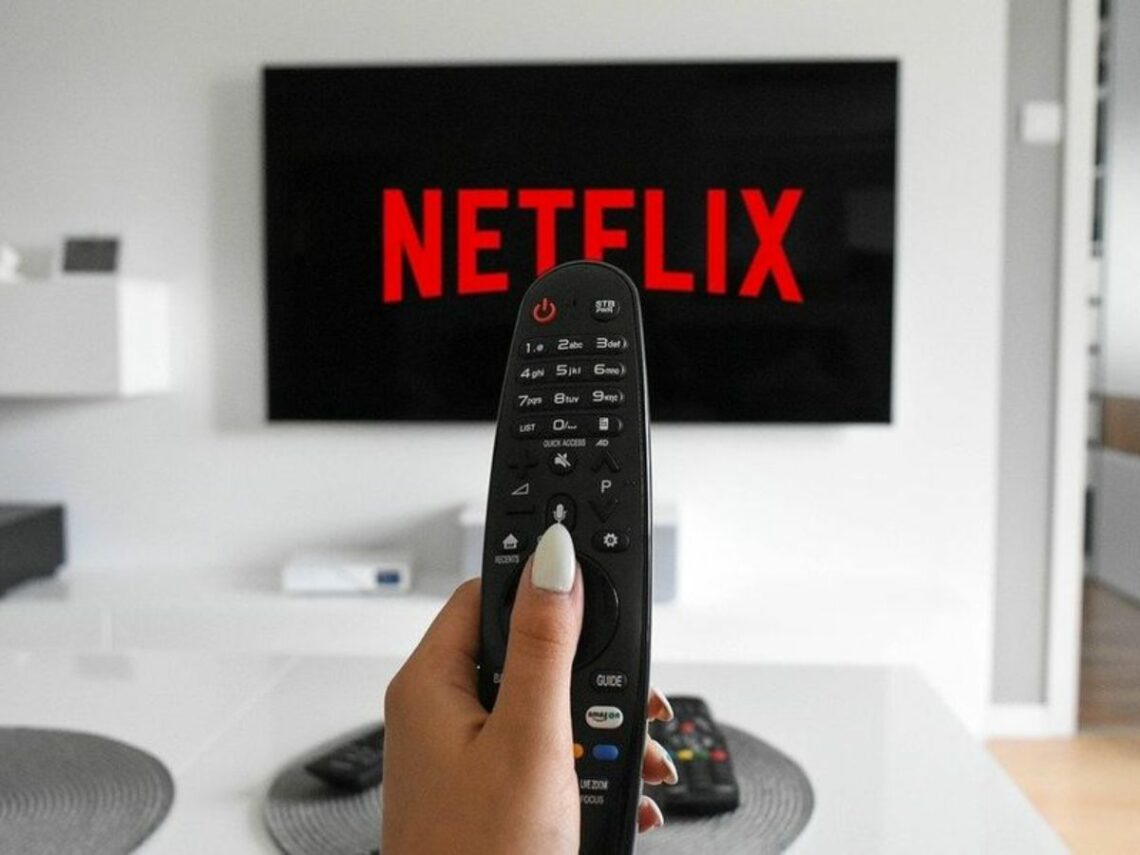The outrageously harrowing case of Anthony Broadwater will always stand as a stark reminder of the flaws within the criminal justice system. Accused of rape and wrongfully incarcerated for 16 years, Broadwater only got exonerated in 2021 when a Netflix producer found anomalies in his case in the midst of adapting Alice Sebold’s memoir, Lucky.
The Lovely Bones author Sebold’s memoir, published in 1999, recounted her traumatic experience of being raped as a freshman at Syracuse University in 1981. Despite reporting the crime to campus security, the perpetrator remained unidentified. Months later, Sebold encountered a man she believed to be her assailant: Anthony Broadwater.
The subsequent investigation and trial led to the conviction of Broadwater, a Black man, based largely on Sebold’s misidentification of him as her assailant. For 16 years, Broadwater languished in prison, maintaining his innocence despite facing multiple rejections for parole requests.
Released in 1999, Broadwater remained on New York’s sex offender registry until his exoneration in 2021. The turning point in Broadwater’s ordeal came with the involvement of Netflix producer Tim Mucciante of Red Badge Films, who was initially attached to a film adaptation of Lucky. Mucciante’s conscientious examination of the case revealed troubling inconsistencies and a glaring lack of any actual evidence against Broadwater.
Though he ultimately withdrew from the Netflix project, Mucciante’s commitment to justice persisted as he set forth on a personal quest to uncover the truth. “I started having some doubts—not about the story that Alice told about her assault, which was tragic, but the second part of her book about the trial, which didn’t hang together,” he told The New York Times.
What ensued was a meticulous investigation undertaken in collaboration with a private investigator and a Syracuse law firm. Through their collective efforts, crucial details emerged that cast doubt on Broadwater’s guilt. Sebold’s testimony and a flawed and outdated forensic technique of microscopic hair analysis formed the basis of the conviction. The revelation of Sebold’s misidentification and the absence of substantial evidence underscored the miscarriage of justice that had upturned Broadwater’s life for over a decade.
As it turned out during the police lineup, Sebold initially identified a different individual as her attacker, not Broadwater. However, authorities prompted her that she had identified the wrong person. Onondaga County District Attorney William J. Fitzpatrick, supporting the motion to overturn Broadwater’s conviction, highlighted the challenge of cross-racial identifications, given Sebold’s and Broadwater’s differing races.
Additionally, prosecutors misled Sebold by falsely suggesting a connection between Broadwater and the man she initially identified, potentially influencing her testimony. Sebold had also mentioned in her memoir, Lucky, that prosecutors had coerced her into altering her identification, further complicating the case. Broadwater’s story is symptomatic of systemic racial bias and the imperative of reform required within the criminal justice system.
Sebold issued a public apology to Broadwater later on, where she wrote that “as a traumatized 18-year-old rape victim, I chose to put my faith in the American legal system. My goal in 1982 was justice — not to perpetuate injustice. And certainly not to forever, and irreparably, alter a young man’s life by the very crime that had altered mine.” The statement was released to The Associated Press and later posted on Medium, where Sebold also expressed, “I am sorry most of all for the fact that the life you could have led was unjustly robbed from you, and I know that no apology can change what happened to you and never will.”
Broadwater’s response to Sebold’s apology was one full of empathy, “To make that statement, it’s a strong thing for her to do, understanding that she was a victim and I was a victim too.”
While the film adaptation of Lucky has been cancelled, the publisher ceased distributing the memoir itself. Sebold is currently working on a revised edition of the book. Red Badge Films has undertaken a new project, a documentary called Unlucky, that will chronicle Broadwater’s ordeal.
